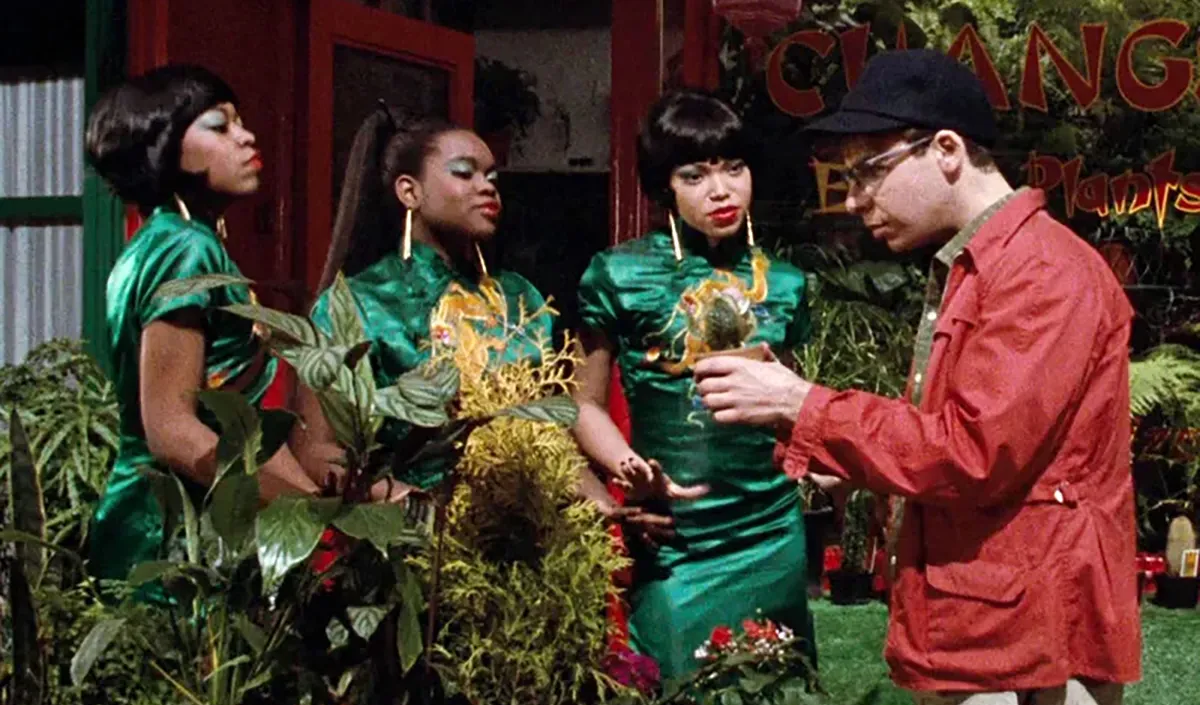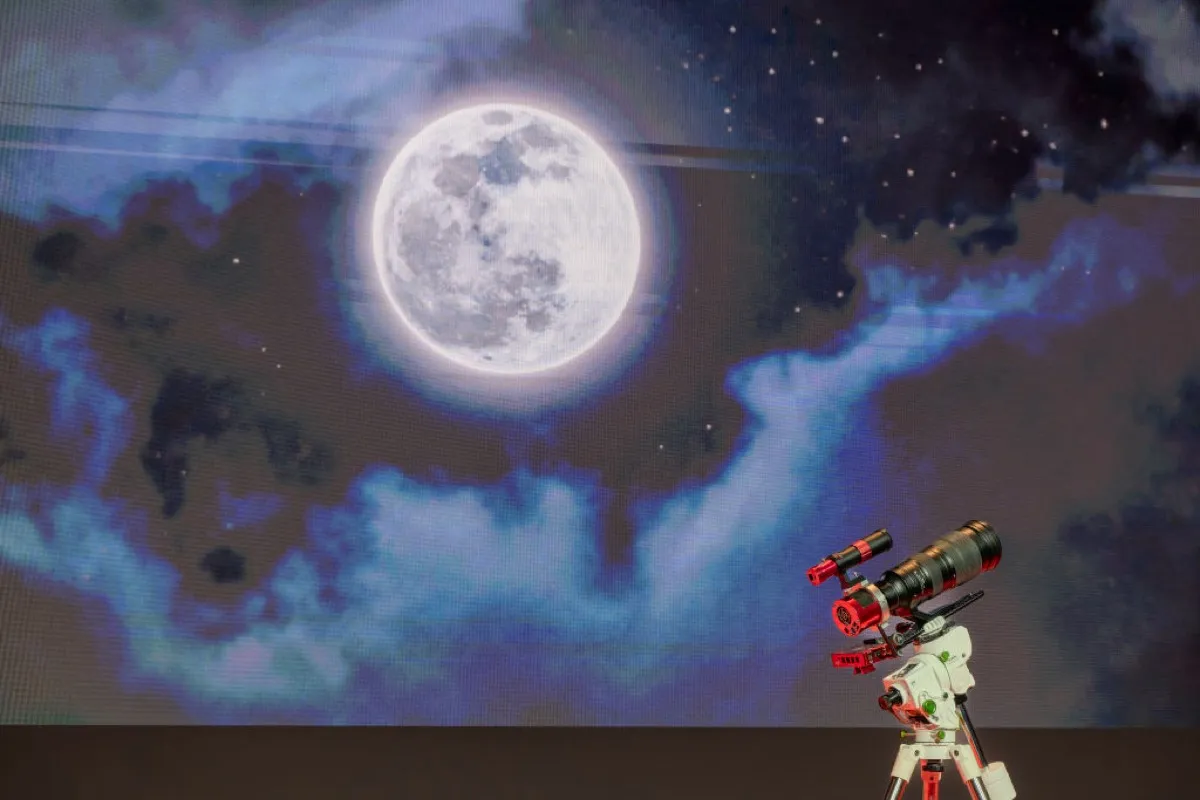A team of researchers led by the University of Florida has found further evidence that some Earth-based life could survive in the to-say-the-least-inhospitable conditions of Mars. After testing 26 strains of bacteria under increasingly harsh conditions meant to represent those found on the Red Planet, the team was left with one — Serratia liquefaciens — could stand the low temperatures, pressures and oxygen-free conditions created in the lab to mimic those on the surface of Mars.
The team exposed 26 bacteria strains that have been recovered from spacecraft in the past to increasingly Mars-like conditions. Researchers steadily dropped temperature, oxygen levels, and finally pressure in the growth environments, only to watch as their test subjects withered and died — all but one, that is. While this could be good news for a Mars that could once have — or could one day — support life, it’s also a scary thought, meaning that we may have already contaminated the planet we’re seeking signs of life on. Wayne Nicholson, a co-author on the paper, described the process of sending spacecraft — which could carry bacteria from Earth — to the Red Planet to look for life as a conundrum:
“Because if you’re looking for life, you want to go to the places that are most likely to harbor life, and of course those are the very same places that are most sensitive to being contaminated by Earth organisms.”
So, there’s the bad news: there’s a chance this means we’ve already polluted Mars with life from Earth, which, if true, is pretty terrible from a pure science point of view. The good news, though, is that now we have a better idea of how to make sure we’re not doing that in the future.
The bigger good news is this, though — at some point, the question of whether there was life on Mars is an academic one. The really ambitious question is can there be life on Mars again, and this is yet another piece of evidence showing that life is hardier than we often give it credit for.
(via PhysOrg)
- Even E. coli could survive on Mars… for a little while
- At least NASA isn’t teasing us with their findings lately
- Even Viking was picking up some interesting things more than three decades ago









Published: Jan 8, 2013 10:55 am